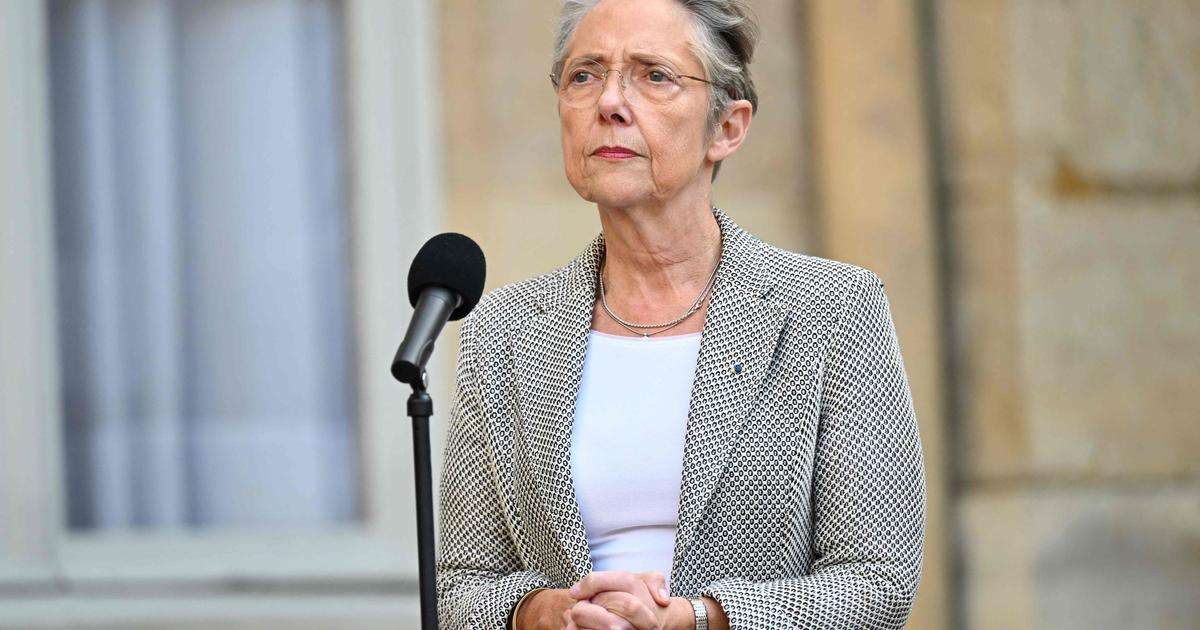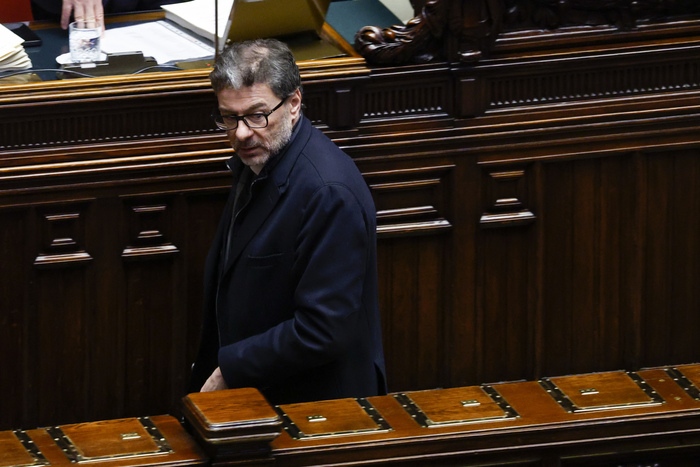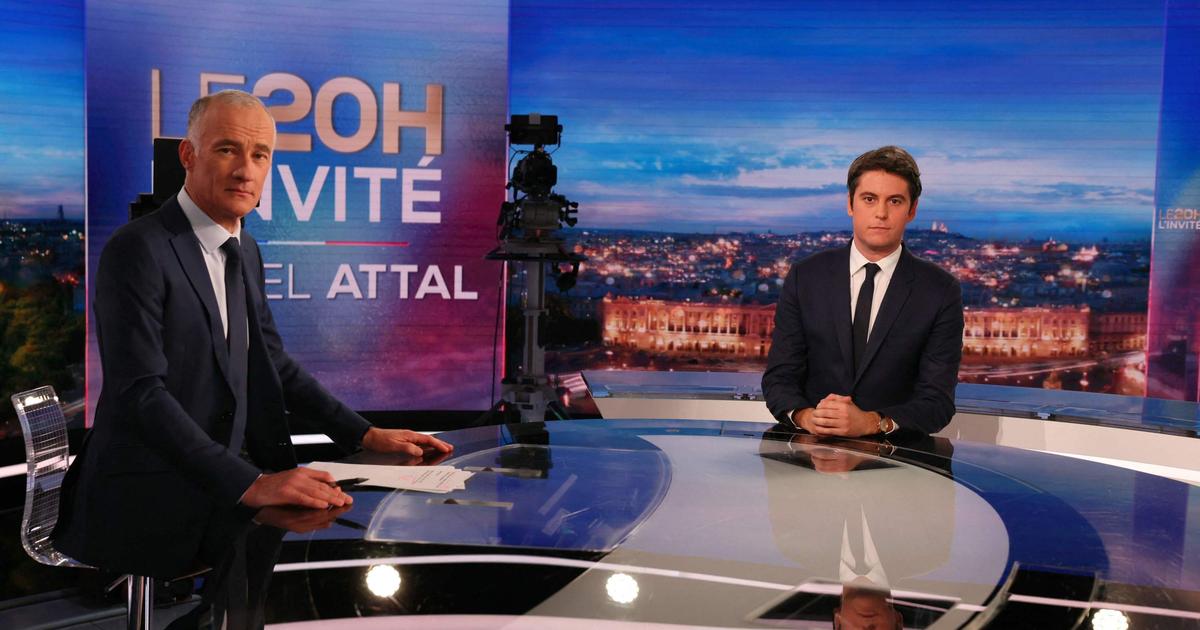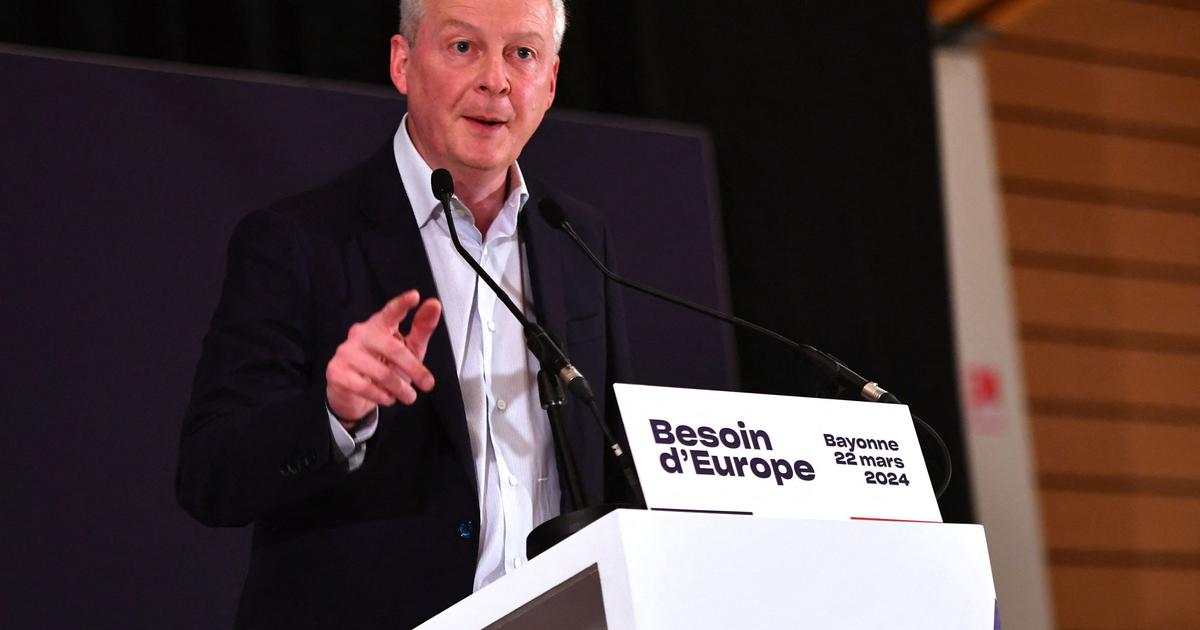The massive investments needed for the climate transition will slow growth and increase public debt, according to a report published Monday by France Strategy, which plans to tax the financial wealth of the wealthiest households. This report, commissioned by Elisabeth Borne to the economist Jean Pisani-Ferry, is published as the head of government presents this Monday her plan to accelerate the reduction of greenhouse gas emissions from the France by 2030.
The document points out that 85% of decarbonization will be based "on the substitution of capital for fossil fuels", whether to create networks of charging stations, insulate buildings or build new nuclear power plants, and only about 15% on sobriety efforts, such as lowering the temperature of heated rooms or moving less.
"To do in ten years what we have struggled to do in 30 years"
«
To achieve our 2030 objectives" of reducing emissions by 55% compared to 1990 "and thus aiming for neutrality in 2050, we will have to do in ten years what we have struggled to do in 30 years," says the report, according to which "despite recent progress, we are not yet on the path of climate neutrality". Thus "decarbonization will call for additional investment" of 66 billion euros per year, reports the inspector general of finances Selma Mahfouz in the document. The coming years are described as a "decade of all difficulties", with massive needs to finance new mobility, green industry or building insulation, or to compensate for the collapse of the French forest carbon sink. However, the investments needed to limit global warming will not make it possible to produce more, or more efficiently. On the contrary, they will lead to a slowdown in growth initially.
See alsoHeating, cars: carbon emissions charged to European households in 2027
Sharing sacrifices
While "the transition is spontaneously unequal", its economic cost "will only be politically and socially accepted if it is equitably distributed". Indeed, "even for the middle classes, renovation of housing and change of the heating vector on the one hand, acquisition of an electric vehicle instead of a thermal vehicle on the other hand require an investment of the order of one year of income," calculated the authors. Today, the additional cost of buying an electric car is not taken into account in national accounts, because it is classified as a new and different product from the combustion engine car, they note in passing. To support households and businesses in the face of investment needs and the inflationary effects of the transition, "public finances will be called upon to contribute substantially to the effort", and therefore to increase the State's debt. The risk posed by the energy transition on public debt "is of the order of 10 points of GDP in 2030 (or at least 280 billion euros), 15 points in 2035, 25 points in 2040", according to the report, which considers, however, that "there is no point in delaying efforts in the name of controlling public debt". "This debt is legitimate," said Jean Pisani-Ferry during a presentation to the press.
Delaying investments would only increase the France's subsequent effort to meet climate goals. "An increase in compulsory levies will probably be necessary", according to the authors who believe that this increase "could be based on the financial wealth of the wealthiest households". If the report considers that the ideas of individual air travel quotas, popularized by Jean-Marc Jancovici, or individual carbon accounts "are far from being directly applicable", it believes that "the question of the fair sharing of sacrifices is as essential as that posed, in its time, by the participation of each in the defense of the national territory". Finally, faced with China and the United States, the European Union suffers from a "serious competitiveness problem" because of the high price of its energy and which will not be solved by the carbon tax at the borders, which remains "an imperfect device".









